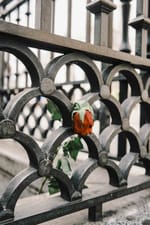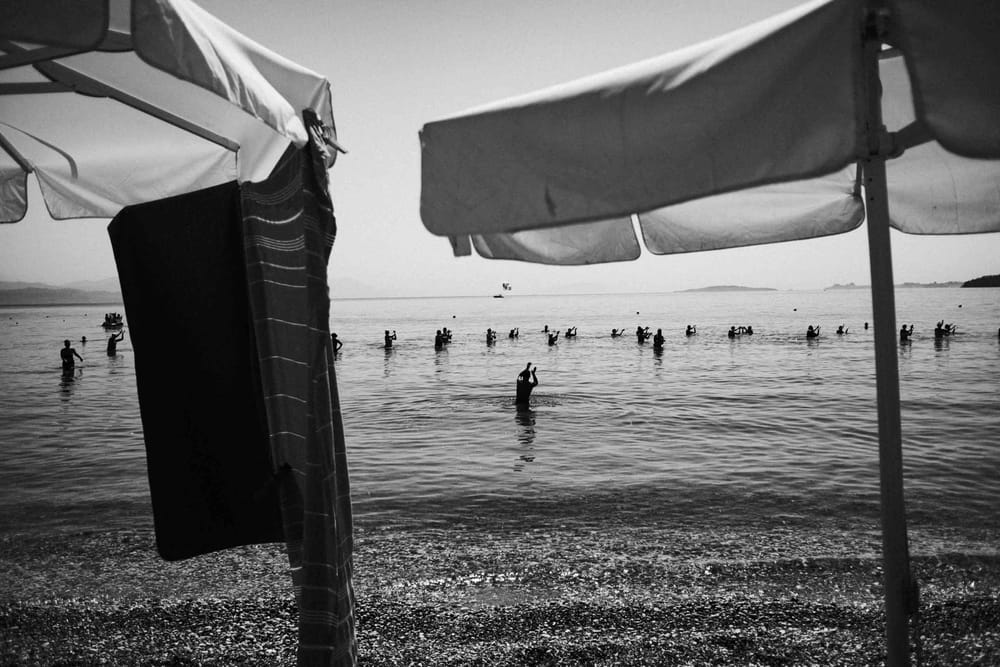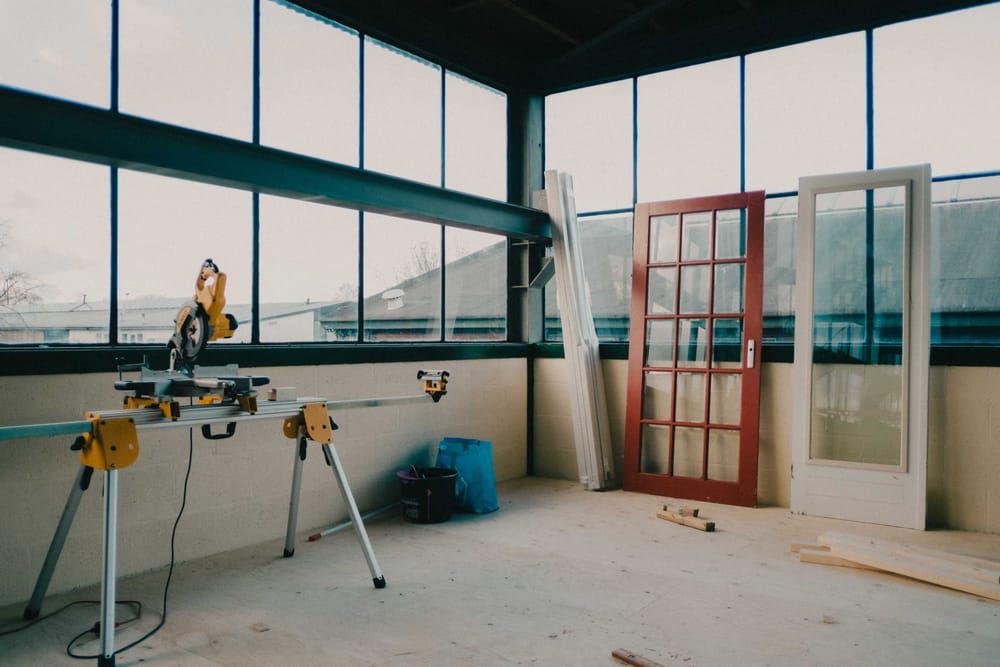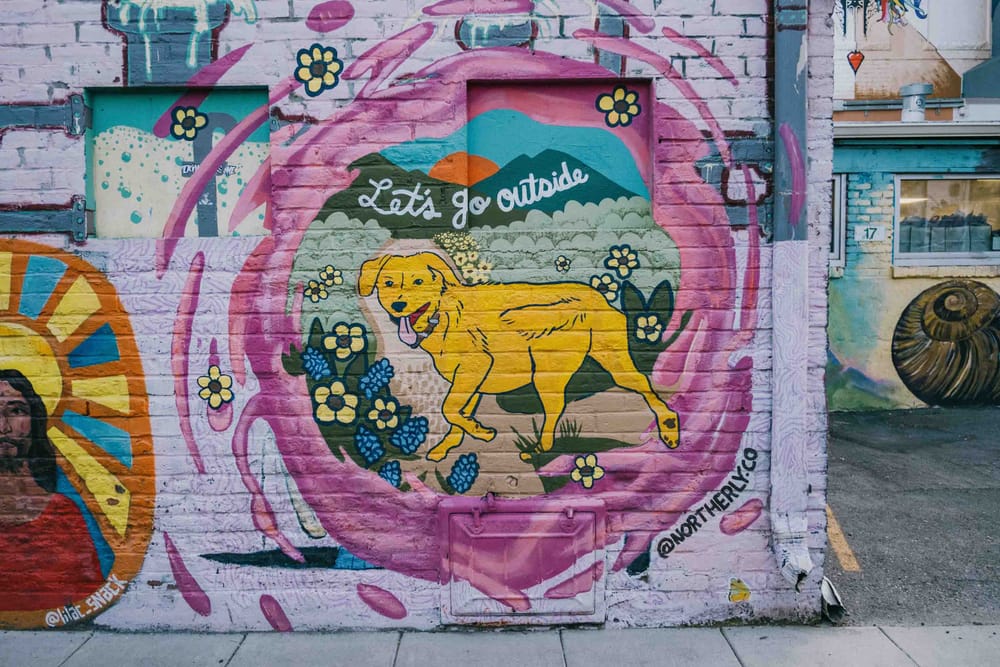Table of Contents
Fellow humans,
You are reading Dialogue, a newsletter by me, Mitchel Lensink, where we talk about photography, walking, exploration and other related philosophies. Sometimes, we talk about other things as well. This is one of this times.
We need to talk about AI (Artificial Intelligence), because everybody seems to talk about AI. And as luck would have it, I have some thoughts as well. Those thoughts are centered around the following: I don’t think AI is ‘going to take our jobs’. I do, however, think it’s here to do all the jobs us humans don’t necessarily want to do. Which mostly overlaps with jobs that humans are not really good at anyway. In this case, I’m specifically referring to automation. Because that's where I think AI can make a big difference and is what I will mostly focus on below. I believe that similar to the Industrial Revolution, which made mass production easier and increased the standard of living, the Artificial Intelligence Revolution will do the same for computer-based tasks and will increase the quality of living.
Some of you (most of you?) subscribed to this newsletter will be creative people, so you might approach this with healthy reservation. That's understandable, and I share that feeling. Though I, as a photographer, can already think of some use cases that can potentially save me a lot of time. There are definitely some tasks now part of my job, that I'd rather skip if I could. Which in turn should provide me with more room to do what I love most, which is making pictures. So what I'm saying is, I'm here to bring hope for all of you that feel impending doom looming over you.
Similar to the Industrial Revolution, which made mass production easier and increased the standard of living, the Artificial Intelligence Revolution will do the same for computer-based tasks and will increase the quality of living.
Systems are dumb, but also perfect
It doesn't matter if you're tech-savvy or a complete luddite, we all need to interact with computers on a daily basis. That's just a part of life and we cannot escape it anymore. While this is an improvement and has made many tasks much easier, quicker and cheaper, we all have experienced moments where the computer just does not do what you want it to do. I'd like a show of hands for everybody that has ever said, 'you darn machine, just do the thing!' out loud while angrily waving their fists at the inanimate screen. That's not just me, right?
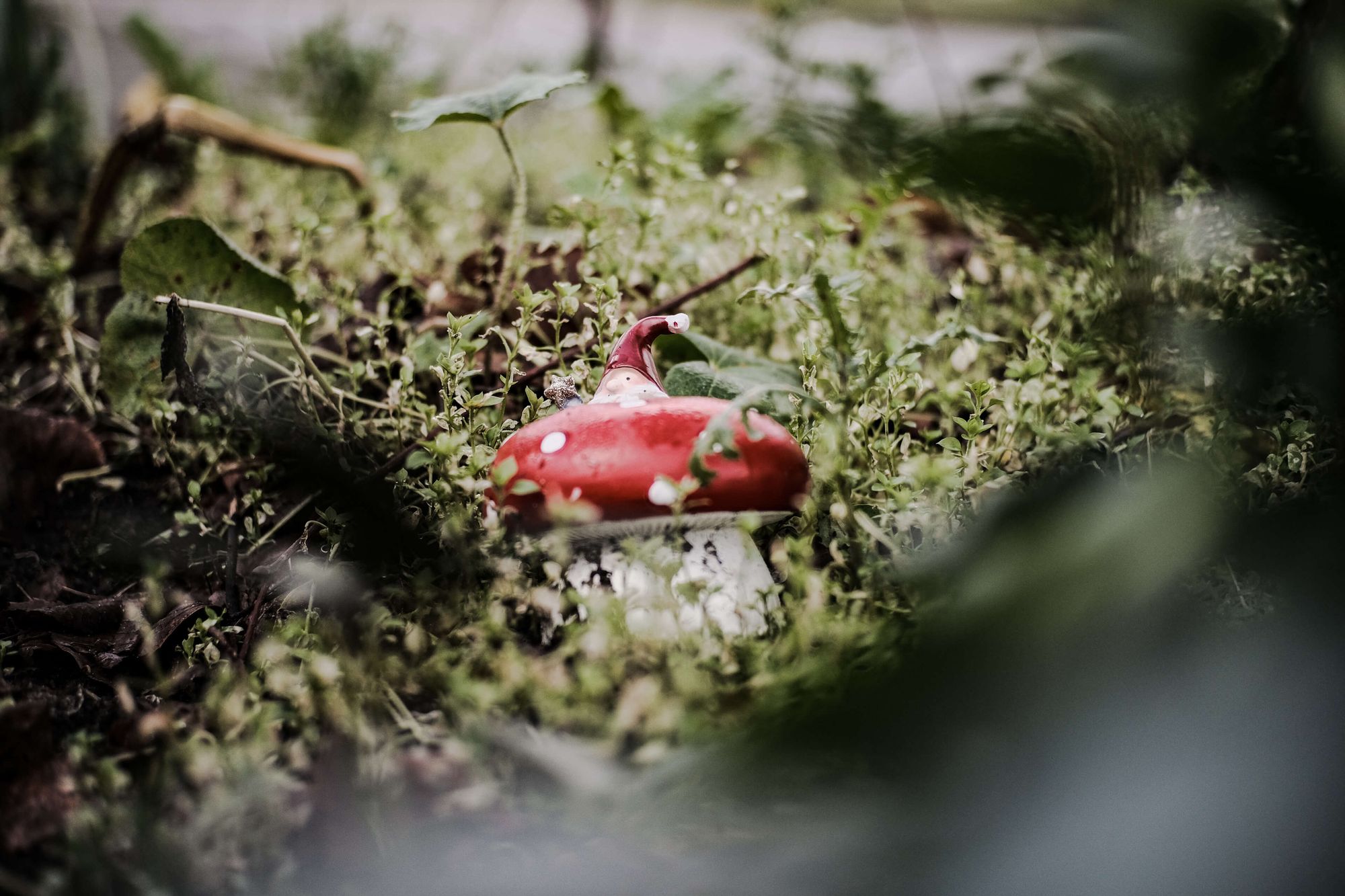
Now, I am of the opinion that a system is always perfect and will execute a task exactly the way you tell it to. Any unwanted output by the system is inherently a flaw of the human designing the system and never one of the system itself. If your system is set up where one and one equals one, instead of the expected two, you should've told it to add up instead of multiply the values. That's just the way our current computing systems function. They reproduce whatever we tell them to, even if that produces Monkey's Paw-like results. This is one of the reasons we have not been able to automate certain tasks, because there are simply too many variables in place. Us humans can’t think of all the possible side effects, and some form of computational power assisting us would help our limited brains tremendously.
AI for photographers
Let's take photography as an example. This is still a photography-centered newsletter, after all. As a photographer, I like being outside, wandering the streets and the woods of the world. Any time spent behind a computer to process the images I make is taking time away from that. The trouble is, I can't outsource this work to a computer just yet. I can automate some file-management, sure, because it's not hard to move a file from A to B. I might even ask the system to query today's date and use that as the prefix for the folder I want my files to live in, for example. Once that's done though, and I move into the editing of the photos, things start to become a lot more difficult because I no longer know what the task will be. I believe this is where AI can make a difference. To illustrate, I will list the first three things I would automate using AI in my photography workflow below, as soon as I'm able to.
Editing is a chore, not a craft
Photo editing is a task that involves a lot of repetitive work but still requires a level of interpretation and judgment that we haven't been able to get out of a computer system yet. Or have we? Because AI is already starting to make a difference here.
It was Imagen AI that prompted my thoughts on this subject. An AI image editing software that is trained on a dataset of your own edits. You basically teach the system how you approach a specific type of image and what your preferences are, and it can mimic that with a great degree of accuracy. For example, if you generally like to brighten up your images with a boost of contrast, then it will do that. Is there a slightly darker image in there that you like to keep that way, though with a lift of the shadows? No worries, Imagen AI can do that too.
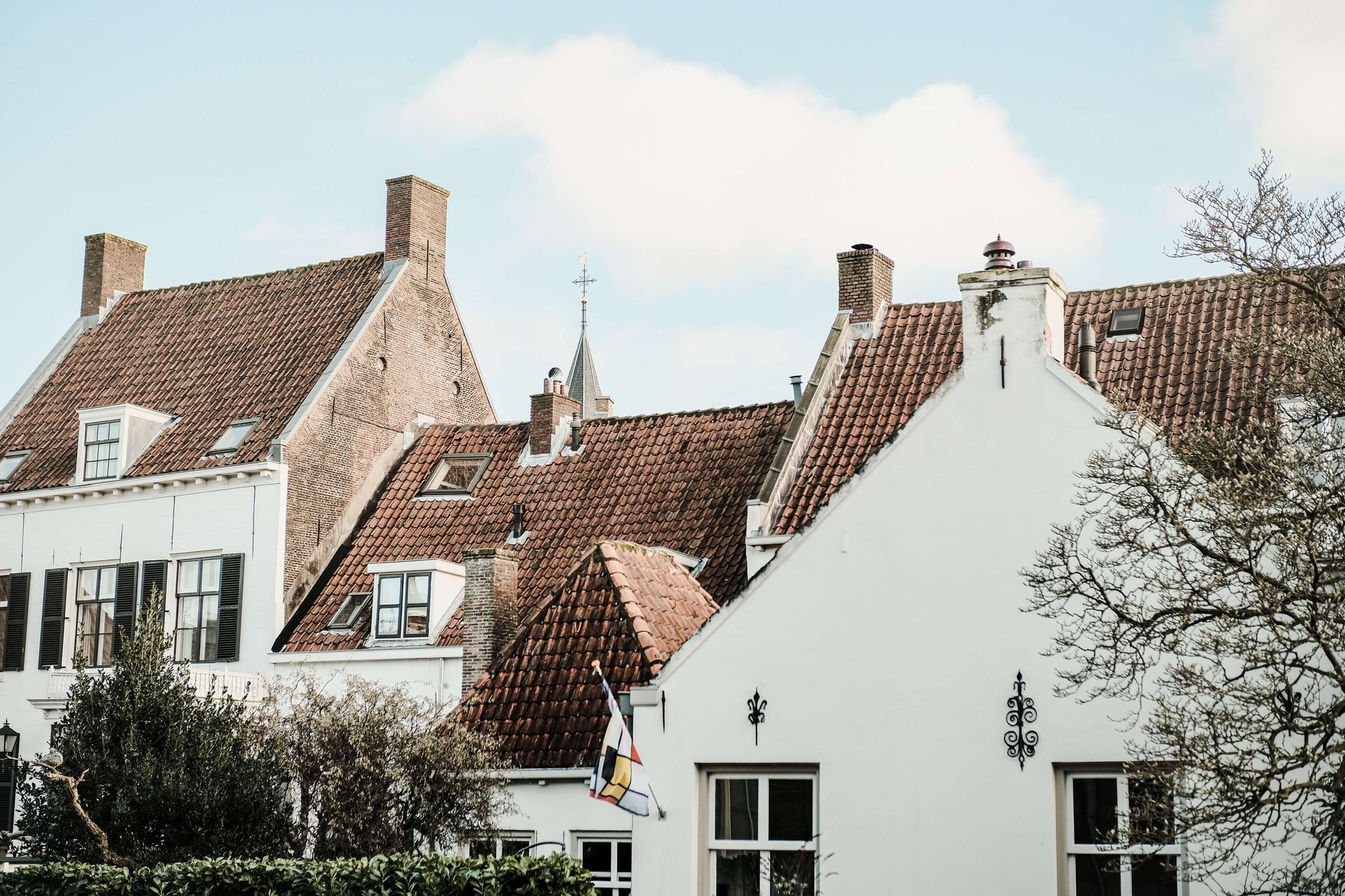
I fed the system 3000 of my own edited images (which is the minimum amount for it to work), and what it spat out brought me 80% of the way there. It even delivers those results by applying the edits directly into your Lightroom catalog so you can freely adjust all the parameters to give it that final push. The results are supposed to get even more accurate when you feed it more images, so doing that final edit is possibly not even necessary after a while.
Using AI does not make you less of an artist
Some might argue that outsourcing the editing of your photos, which is about 50% of the work as a photographer, will damage your artistic value. It's a valid argument but I disagree. Especially when AI is used in the way I described above.
I think using AI to edit your photos like this simply takes out the repetitiveness of applying and adjusting the same edits over and over again. In this example, the AI is like the apprentice to your craftsmanship, dutifully performing the tasks you have carefully shaved to perfection over time. You are still doing the actual creative part, which is developing the look you want for your images. The AI is merely reproducing that to the best of its ability. Just because the AI now knows how to replicate your work, does not mean it's now a master of it. It's not suddenly a visionary itself but simply a worker, an employee. Only in this case, the employee is a computer.
There's always a place for manual labor
To keep things personal, my style of shooting is more machine gun than sniper (I know, I wish things were different too) and editing can become quite a chore. I've had times where I had so much editing work to wrestle through, that I just didn't do it for weeks at end and had to sit down for days upon days to catch up again. I also suffer (suffer!) from mild RSI and I'll happily eliminate any unnecessary time behind the computer.
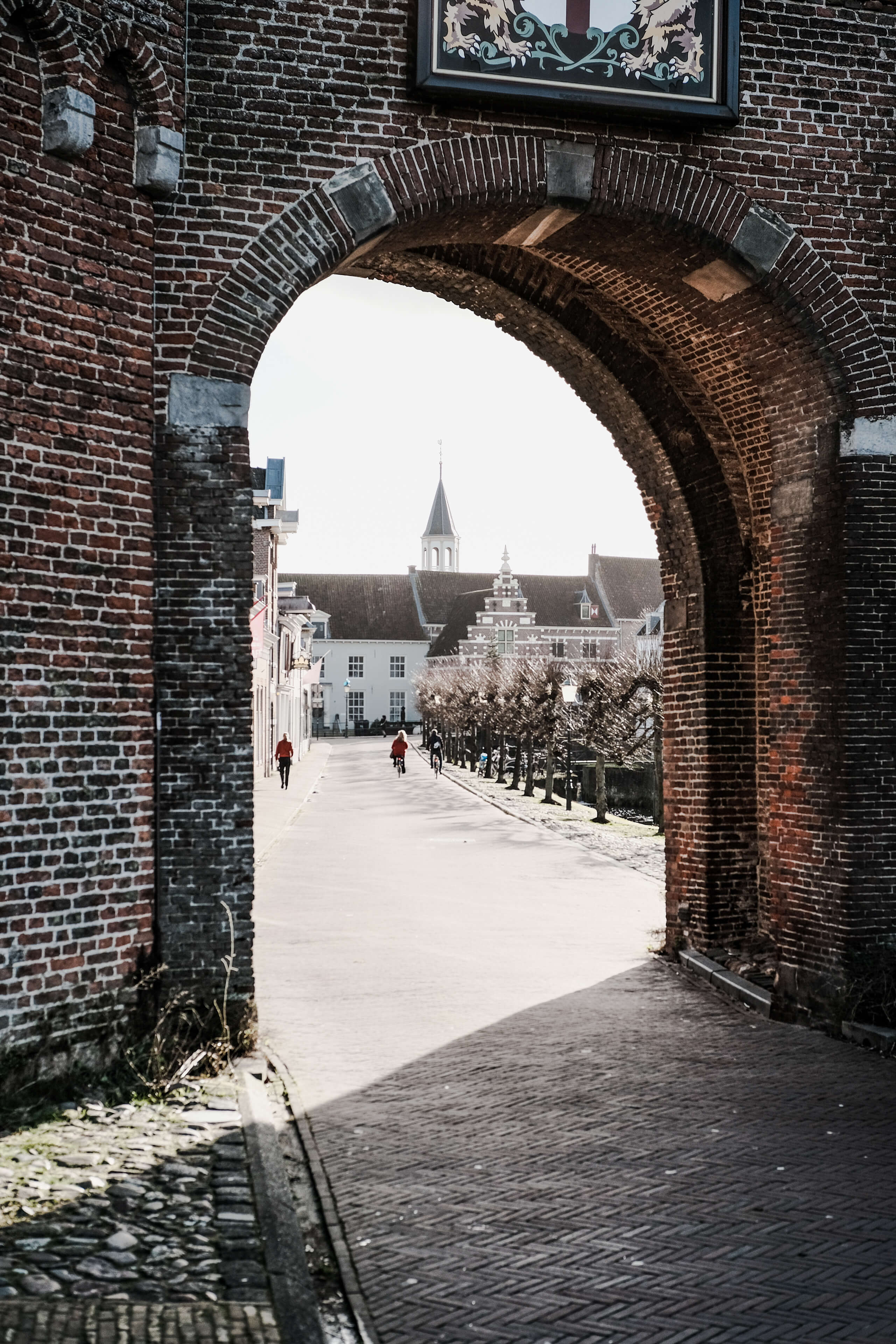
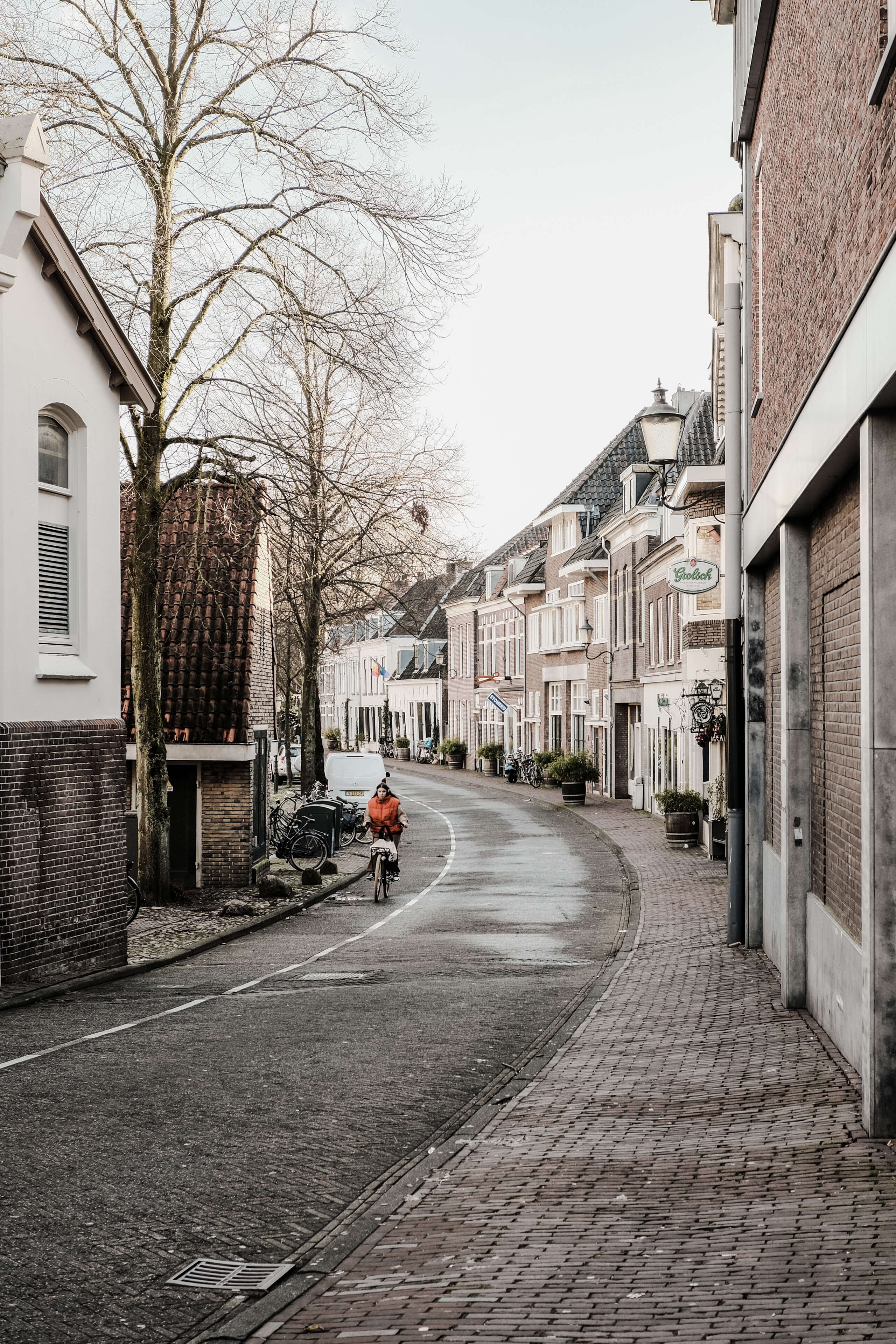
Admittedly, there is a case to be made for doing everything by hand, like a samurai perfecting their technique, when you plan to make physical art out of your photographs. Not unlike how organic food has become a thing now, a luxury product instead of the default, I see artistic expressions going down a similar path. If you just want some color on your walls, take the mass-produced, sugar and carbohydrate-infused print and stick a nail in it. But if you care about purchasing a piece of history that tells a story of the personal values you prescribe to as a person and wish to express that while also supporting the work of an artist, then maybe look for a different option. One that's more earnest and true to life itself.
So hey! I hereby promise that if you ever buy a fine art print from me, you will enjoy the benefits of knowing my organically produced, homegrown, labor is put into the work. It just seems more honest that way. More sustainable. You can expect to pay extra though (just kidding?). For all my daily documentation though, I don't shy away from taking a shortcut.
Sharing photos is boring, somebody do it for me
Next to the editing of the images, there is a lot of work in the actual sharing of them. Perhaps more than you'd expect. I'm not just some photographic hoarder that takes from the world by capturing photons, never to be seen by anybody ever again. I give back as well. If you are in a photo of mine, chances are you will receive a copy of that image as well. I do that by having dedicated albums for most of my closest friends, that I continuously update with new images whenever I make them. People love it! I love that they love it! It's all love! But it's also a little cumbersome to filter and distribute everything. I don't love that.
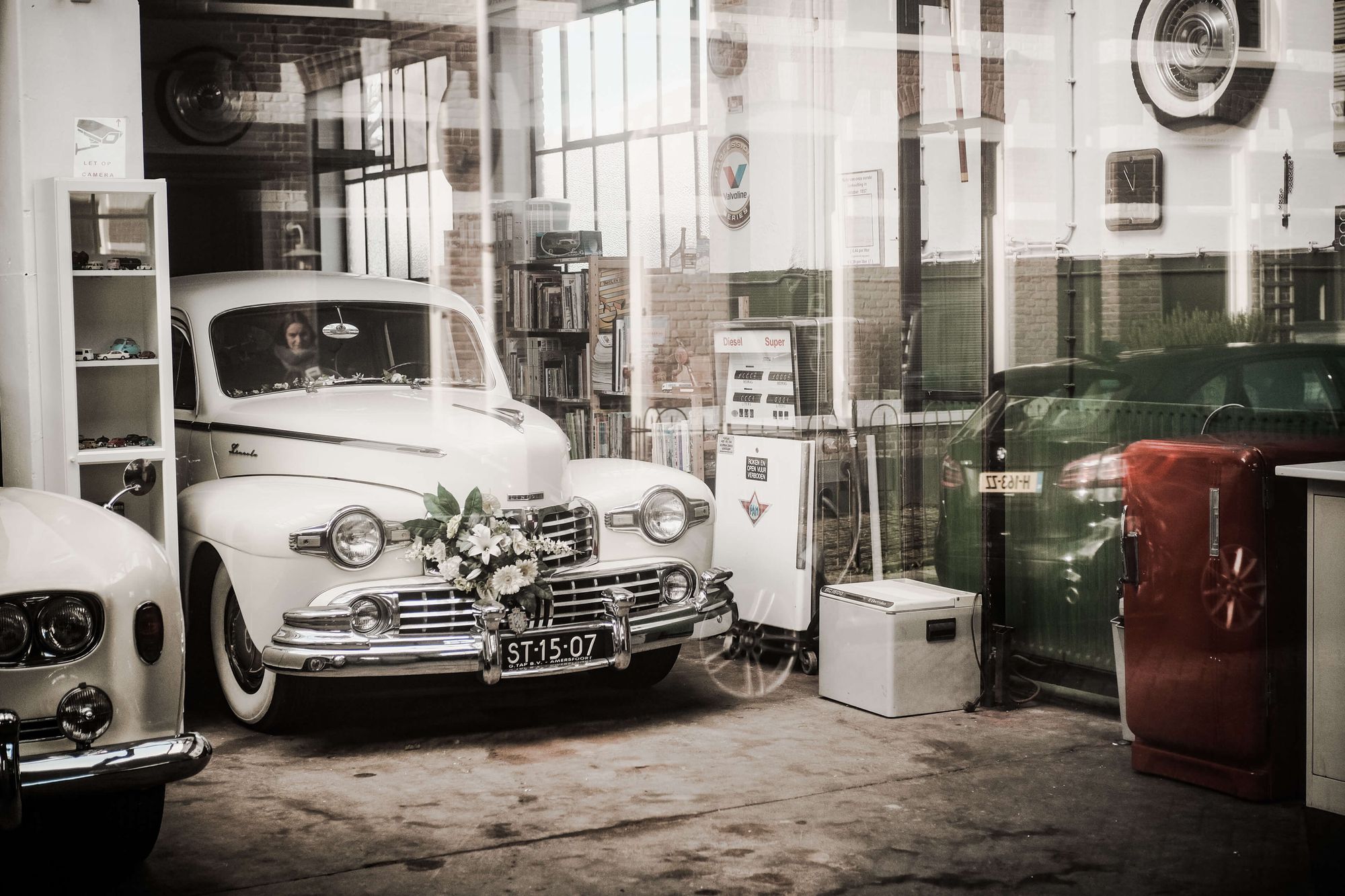
My current process looks like this: every time I go somewhere, I shoot a bunch of photos of a bunch of different people. I then go home, edit those photos, manually name them accordingly based on the people who are in the shot, and then share them with those people through their dedicated photo albums. This can quickly become a lot of work because, depending on the type of day I had, I can have images of many different people, in many different places. I also don't want to give everybody access to everybody's photos, so I usually end up going through all the images one by one to do the sorting and sharing.
If I can automate this process by having each person's dedicated album filled up with new images, based on facial recognition and smart tagging, I wouldn’t have to manually distribute all the photos I’ve taken. Instead, I can simply focus on going places, bringing my camera and making good pictures of the people that matter to me. All the extra manual labor that comes afterward, the unglamorous work, the work that doesn't make me a better artist but is a mere distraction, can easily be outsourced to computers.
Oh and yes, I realize we already have facial recognition available but most of these still require manual confirmation and are not 100% accurate to begin with. There's a lot of room for improvement there. This also doesn't account for the distribution and sharing of the images with the appropriate restrictions. Let me further illustrate how this can be different with the help of AI, using the third and final example below.
Social media is repetitive by design, but we needn't conform
Promoting your work on social media is almost a mandatory part of running a photography business. Of course you can choose to simply not engage but then nobody would know you exist and you won't be able to make a living out of it. Social media is ingrained in our social lives and I don't like it much either (hence this newsletter), but it's here to stay. We can make things a little easier for ourselves though.
Now mind you, I specifically mentioned social media promotion. In my book, that involves a lot of planning, automating and other tedious tasks no creative truly cares about. If you think you do then ask yourself this: do you really like planning Instagram posts or do you enjoy the potential benefit you might gain from them? Social media is inherently just a means to an end.
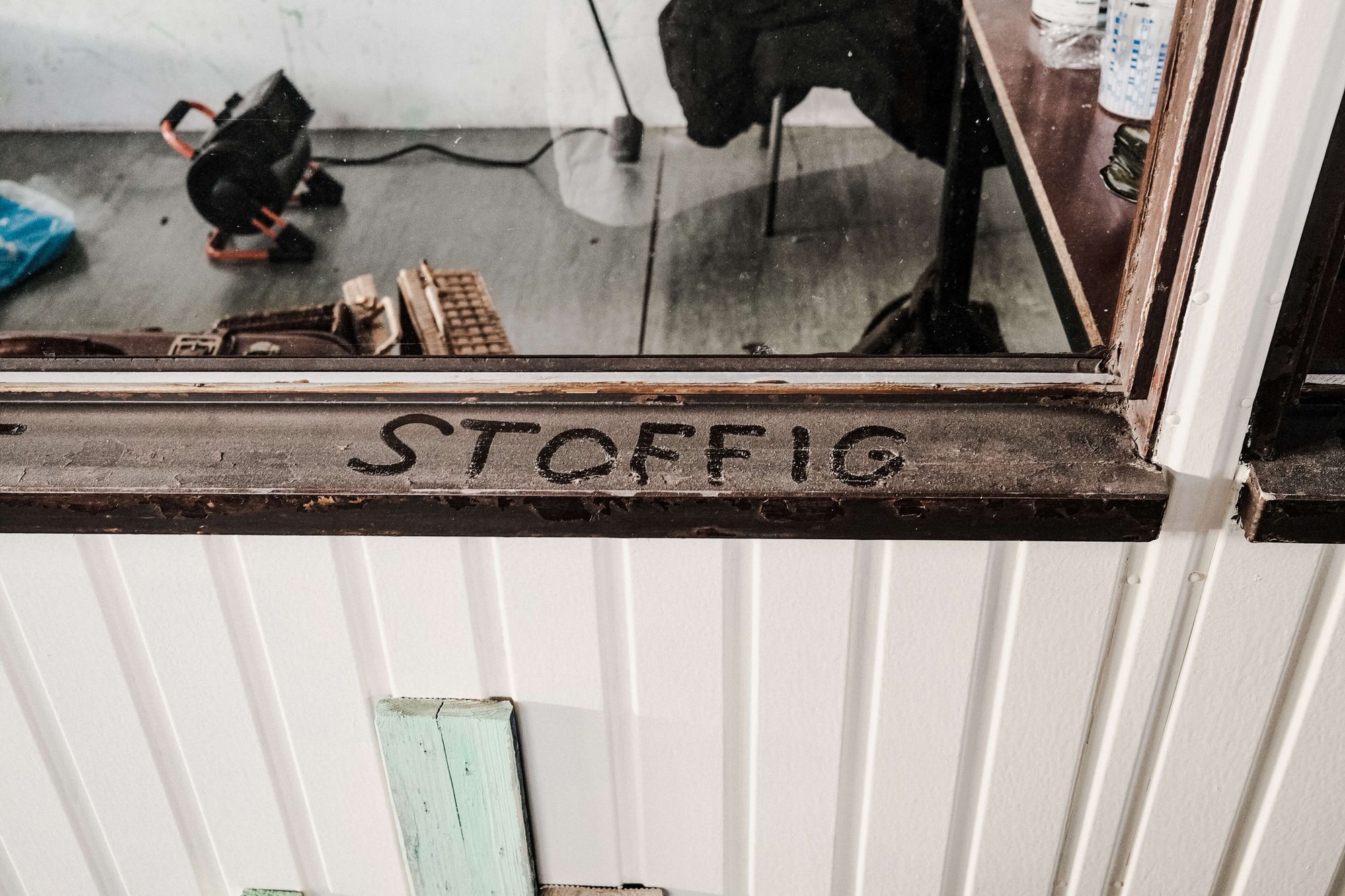
I can see a future where I will be able to 'explain' to an AI how I would like a task to be done and it will then 'understand' the context. It would then each time adjust the exact actions to achieve that goal wherever necessary. For example, I could 'tell' the AI to share my recent newsletter as soon as it comes out and then share the images inside it over the course of the following month, supported with a relevant text snippet from said newsletter, to keep momentum. That's not a very difficult task for a human and I could explain how that would be done quite quickly. It doesn't matter if an image is placed after the first, fourth or sixth paragraph, a human would know to grab that one because that's the one that makes the most sense.
Traditional systems would probably present errors whenever the input doesn't match their pre-programmed expectations and would just stall. In my imagination, and I don't think I'm far off, AI would be able to 'understand' which image I want to share and find that specific one on the page, download it, and upload it to the relevant social platforms. The cherry on top would be if we can explain this task using natural language as you would do with a human. If we achieve this level of functionality with our computers, they can become the true companions we always wanted them to be.
Artificial Intelligence is intelligent, but still artificial
As I have hopefully illustrated by now, the real power of AI lies in the ability to understand and execute tasks on a deeper level and a more complex scale than was previously possible. Our computers have already been outshining us in the sheer speed and magnitude at which they can process data for years. AI is going to liberate us from the limitations of our own prompting. We previously had to set our prompts exactly right and have the computer execute them to the last decimal. Tools like ChatGPT can now do the same tasks but with the added ability to do some of the thinking for you. We can soon expect a level of interpretation from the system itself. This extra layer of complexity is what’s going to make the difference, I believe.
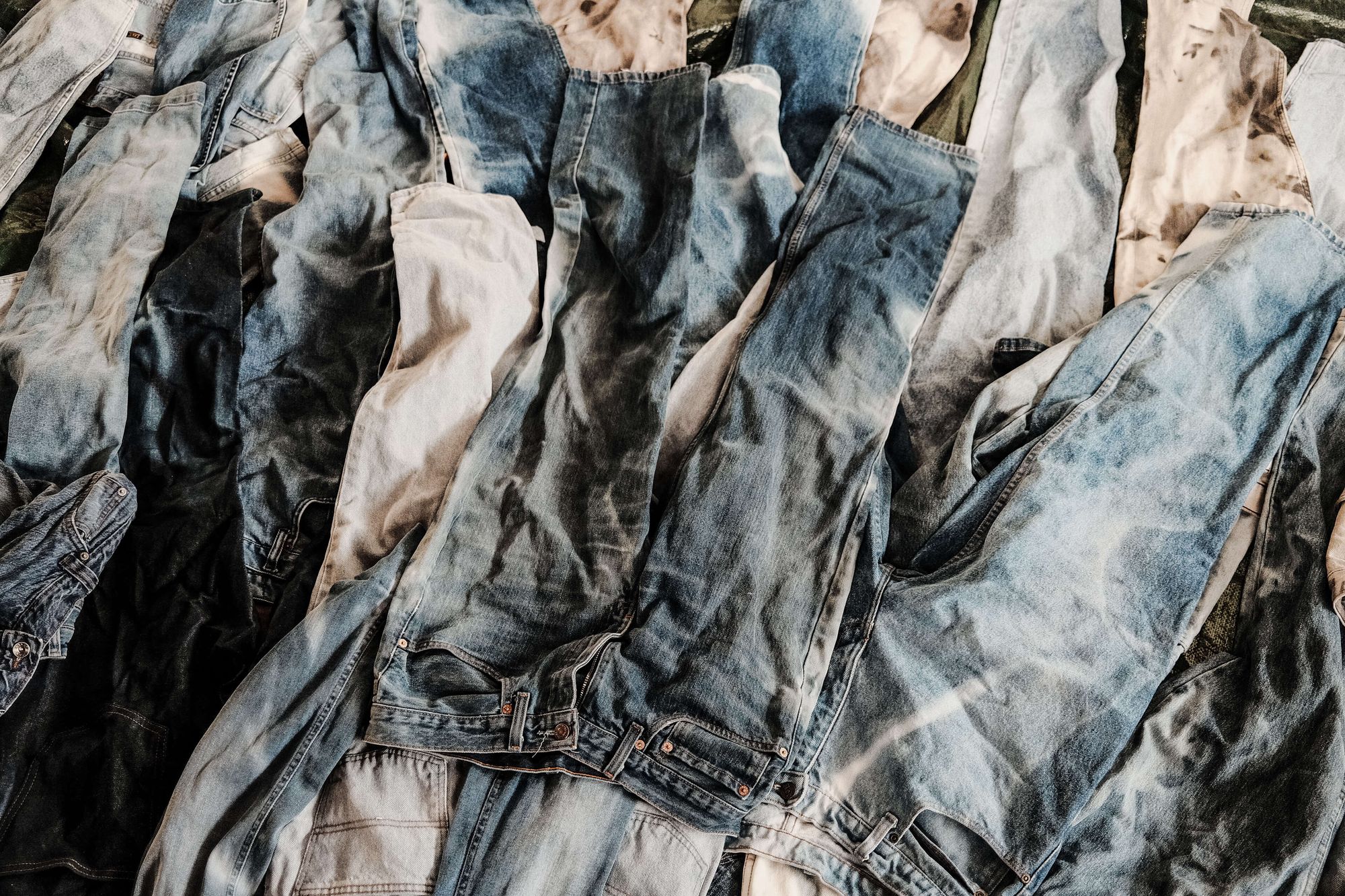
Still, AI in its current form is nothing more than an interface pasted on top of a very large and complex dataset. This is also why I had to feed Imagen AI at least 3000 of my own edited photos. It needed some data to learn my preferences and develop a some sort of 'formula' that mimics the editing style I fed it. Humans have been able to do this for years. Computers can simply do it much faster. The reason we sometimes feel AI is almost human, is because it has access to a lot of information that it can also process at very high speeds. Meaning that it can present you with results that ‘feels’ like it understands what you’re saying, when in fact it simply reproduces a response it thinks is appropriate based on a number of variables in your request and then cross-references that to a list of responses it was trained on. It's a facade, but one we can use to our benefit.
Rock drawings are still drawings
This is precisely why I believe AI isn’t capable of creative work and will not replace artists. Computers can replicate us and present something that looks like creativity, but it always derives from our uniquely human experiences. Nick Cave had a very fitting response to an AI-generated Nick Cave song one of his audience members sent him. His note talks explicitly about music, but I believe the same can be said for creative work in a broader sense.
Writing a good song is not mimicry, or replication, or pastiche, it is the opposite. It is an act of self-murder that destroys all one has strived to produce in the past. It is those dangerous, heart-stopping departures that catapult the artist beyond the limits of what he or she recognises as their known self. This is part of the authentic creative struggle that precedes the invention of a unique lyric of actual value; it is the breathless confrontation with one’s vulnerability, one’s perilousness, one’s smallness, pitted against a sense of sudden shocking discovery; it is the redemptive artistic act that stirs the heart of the listener, where the listener recognizes in the inner workings of the song their own blood, their own struggle, their own suffering. This is what we humble humans can offer, that AI can only mimic, the transcendent journey of the artist that forever grapples with his or her own shortcomings. This is where human genius resides, deeply embedded within, yet reaching beyond, those limitations.
Nick Cave might be deep in his sixties, the man has a surprisingly clear vision on this technology. Most of all, he's definitely an authority on what it means to be an artist and the perfect person to explain the underlying processes of producing creative works.
Conclusion
Real creativity lies within creation and is an inherently human thing. Reconstruction, repetition, and replication can be done by Artificial Intelligence, and it can do it better than humans. While in some cases that might look like creativity because the results might look similar, the process can't be faked and AI can therefore never experience the necessary things for it to be called creativity. Heck, AI can't experience anything at all. All it has is ones and zeroes and the ability to read those very fast. Hopefully, AI can eventually be used for the repetition of the boring and time-consuming tasks. It's not quite there yet.
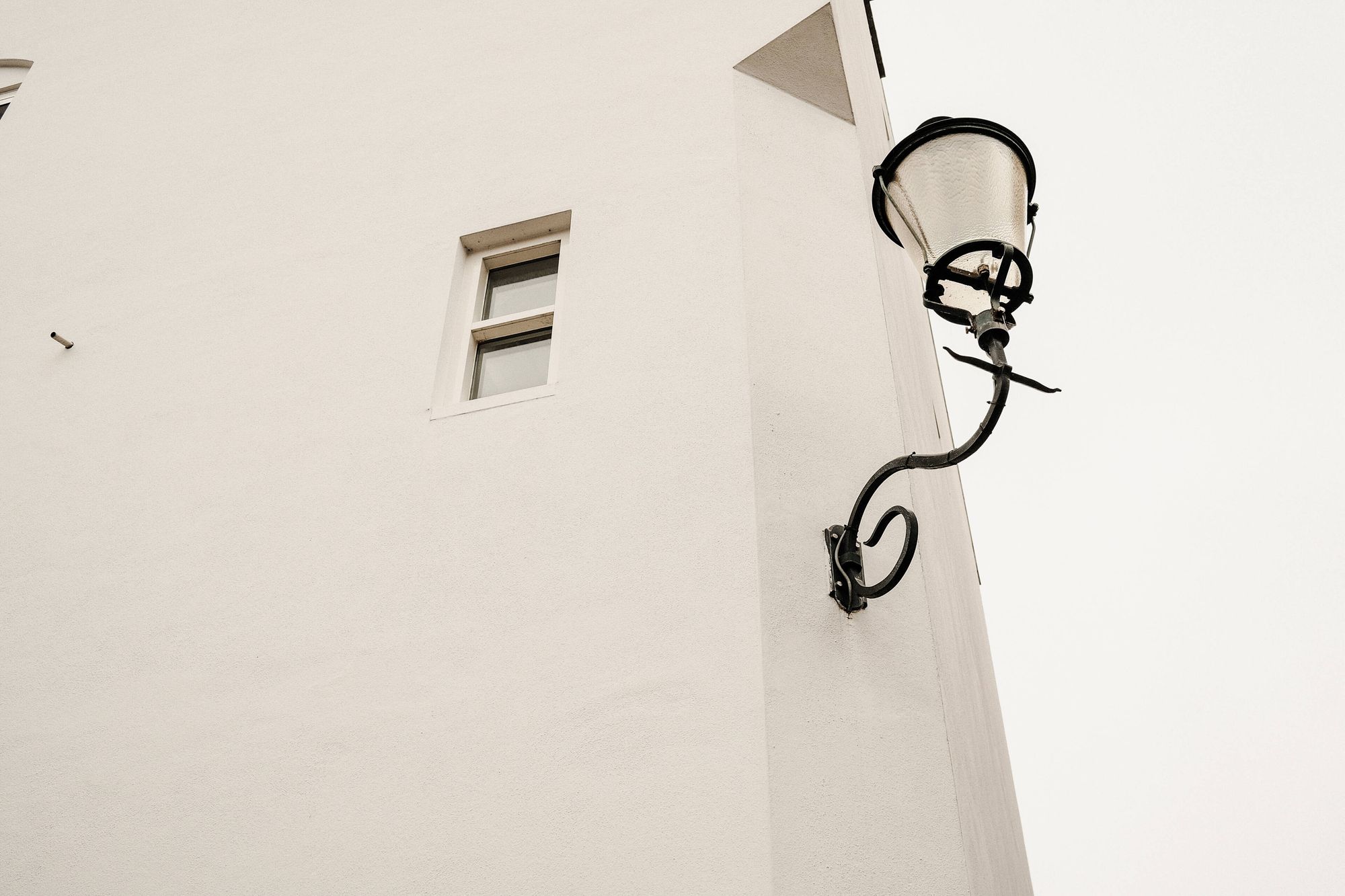
While it was fun to play around with Imagen AI and see how good the results already are, I have since adopted a workflow without it that also takes me 80% in the right direction with my photo editing. And while I will keep my eyes peeled for the moment I can automate the boring work that comes after, I will have to maintain a more artisanal approach with those tasks for now. Once that moment comes though, I sincerely hope we end up with a lot more free time on our hands to focus on the fun stuff, while the computer is chugging away in the back somewhere. If anything, that should allow us to be even more artistic considering the amount of headspace we'll free up. AI won't necessarily produce better results for us, our standard of the things we can achieve is already very high, but AI will make many things much easier. And I'm sure we will be able to produce things of a much higher quality than we've ever had the bandwidth for before.
If you've made it all the way down here, thanks for reading what floated around my brain during January 2023. I'll be back next month with a far less technical writeup of February 2023.
Mitch

